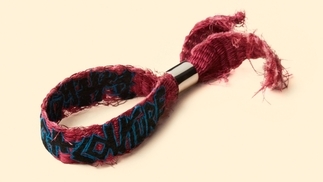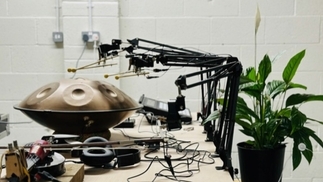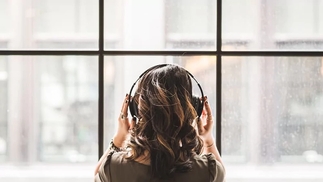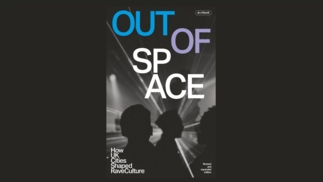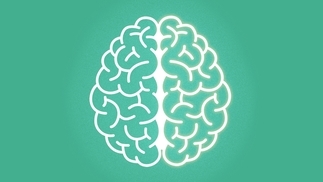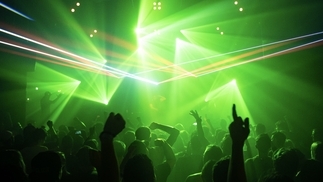Raving and psychedelics create “meaningful social bonds”, study finds
New research from the University of Kent "has identified prosocial behaviours and bonding amongst people who attend raves"
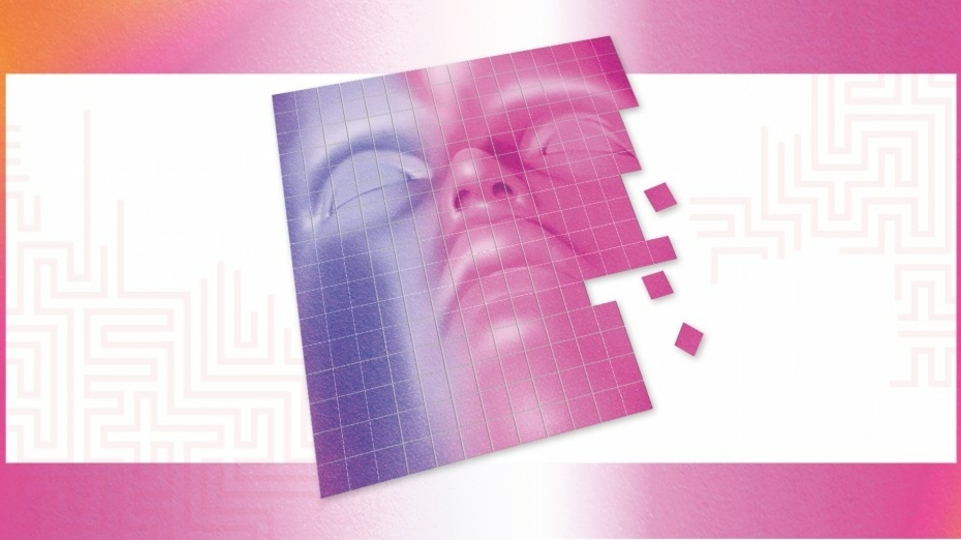
Raving and psychedelics create “meaningful social bonds”, a new study has found.
In new findings published in Frontiers in Psychology, as part of a research paper dubbed I Get High With A Little Help From My Friends, researchers have "identified prosocial behaviours and bonding amongst people who attend raves" using a novel model of ritual engagement featuring the "4Ds": dance, drums, sleep deprivation, and drugs.
Dr Martha Newson, a cognitive anthropologist at the School of Anthropology and Conservation, investigated the psychology behind group bonding and identified the 4Ds, exploring whether they were connected to "feelings of awe and personal transformation".
Speaking about the links between the 4Ds — particularly psychedelics — Dr Newson said that the study "found positive associations between dancing and psychedelic drug use at these group rituals with feelings of awe and social bonding that could prove useful in supporting the growing wealth of clinical therapies".
She added that "undoing the negative connotations associated with rave culture is a big challenge" but that the new research papers "shows there are indeed social and behavioural benefits that ravers gain from the experience".
You can read the full paper, ‘I Get High With a Little Help From My Friends’ - How Raves Can Invoke Identity Fusion and Lasting Co-operation via Transformative Experiences, here.
Psychedelics have become more popular in the UK in recent years, with some people using them recreationally to address mental illnesses. These drugs are illegal, but with recent medical developments in the US towards incorporating psychedelics into clinical mental health treatments, what sort of future are we looking at? Do psychedelics have healing potential? Back in 2019, DJ Mag’s Lauren Martin spoke to DJ and producer Lauren Flax about her own experiences with psychedelics, and Prof. Adam Winstock, CEO of Global Drug Survey, to find out more.
Last year, in a study commissioned by streaming giant Spotify for Niall Breslin's Where Is My Mind? podcast, research showed that making music positively impacts mental health, with relaxation and happiness noted as the most commonly felt emotions when playing.

